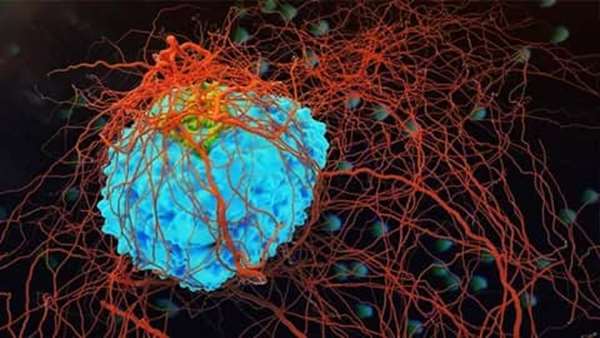Despite the success of immunotherapy in helping many people with cancer, the majority of patients still do not respond to these treatments. There is need for continued research.
On April 20, 2022, researchers at the Sloan Kettering Institute reported in the journal Nature that a recently discovered new immune cell “soldier” could be a good target for immunotherapy, raising hopes that it might help narrow the gap between people who respond and those who do not.
The new cells, which the scientists have dubbed killer innate-like T cells, differ in notable ways from the conventional target of many immunotherapies — the cytotoxic (aka “killer”) T cells. For one, they don’t get exhausted from extended activity like cytotoxic T cells do. And two, they can penetrate more deeply into tissues where cancer is hiding. These unique attributes make them attractive as a target for immunotherapy.
“We think these killer innate-like T cells could be targeted or genetically engineered for cancer therapy,” says Ming Li, an immunologist in SKI and the lead author of the new study. “They may be better at reaching and killing solid tumors than conventional T cells.”
Pinning Down What Makes the Cells Distinct
Dr. Li’s team first reported the existence of this unusual cell population in 2016. At that time, it was clear to his team that these cells had the power to kill cancer cells, but they knew little about where the cells come from or how they work.
For this new study, Dr. Li and colleagues used a variety of techniques, including single-cell analysis and CRISPR genome editing, to further characterize the cells.
They made several startling discoveries. For one, killer innate-like T cells don’t make the immune checkpoint molecule PD-1 and, as a consequence, do not appear to become exhausted the way typical killer T cells do. This is an attractive feature in a potential immune cell therapy.
The cells also appear to recognize different markers, or antigens, on cancer cells. Whereas conventional killer T cells recognize specific mutated antigens (called neoantigens), the killer innate-like T cells recognize a much broader range of non-mutated (that is, normal) antigens.
Killer innate-like T cells also don’t depend on antigen-presenting cells, such as dendritic cells, to alert them to the presence of dangerous-looking antigens. In this way, they behave more like innate immune cells that are always primed and ready for attack.
Lastly, unlike conventional T cells, they don’t recirculate throughout the blood and lymph fluid, making stops in lymph nodes. Rather, they appear to home directly to tissues throughout the body, where they seek out danger.
All of these make them of particular interest as a target of immunotherapy, Dr. Li says.
A Unique Fate That Avoids Autoimmunity and Suppresses Cancer
The fact that killer innate-like T cells recognize unmutated antigens in the body raises the question of why these cells don’t cause autoimmunity — when the immune system attacks normal parts of the body. Dr. Li says it’s because they get reprogrammed during their development.
Typically, developing T cells that react strongly to normal antigens are proactively killed off by the body to prevent autoimmune reactions. But the killer innate-like T cells escape that fate. Instead, their T cell receptor machinery gets tamped down, rendering these cells harmless to normal cells in the body.
At the same time, they become much more sensitive to a molecule called IL-15 that is produced by many cancer cells and is recognized as an “alarmin” — a danger signal that prods the immune system into action. The team found that if they delete IL-15 from cancer cells, then the protection provided by the killer innate-like T cells was eliminated and tumor growth increased.
Because IL-15 isn’t highly produced in healthy tissues, the killer innate-like T cells would not be spurred into action there, and therefore would not cause unwanted damage.
Dr. Li’s team did most of their experiments in mice, but they confirmed that these killer innate-like T cells are present in human tumors, including colon cancer tumors from patients at MSK. They are excited about the possibility of working with doctors at MSK to translate these findings from the lab to the clinic, where they might ultimately help patients.
https://www.technologynetworks.com/cancer-research/news/new-immune-cell-soldier-could-be-a-good-target-for-immunotherapy-360799




ارسال به دوستان